“Śrīla Śrīdhara Svāmī has quoted the following verse as evidence that Lord Brahmā is supposed to go back to Godhead at the time of annihilation:
brahmaṇā saha te sarve samprāpte pratisañcare
parasyānte kṛtātmānaḥ praviśanti paraṁ padam
“At the time of final annihilation all self-realized souls enter with Brahmā into the supreme abode.” Since Brahmā is sometimes considered the best devotee of the Supreme Lord, he surely should obtain liberation rather than merely entering into the unmanifest state of material nature called avyakta. In this connection Śrīla Śrīdhara Svāmī points out that there is a class of nondevotees who attain the planet of Brahmā by performing aśvamedha-yajñas and other sacrifices, and in certain cases Brahmā himself may not be a devotee of the Supreme Personality of Godhead. So the words avyaktaṁ viśate sūkṣmam can be understood to indicate that such a nondevotee Brahmā cannot enter the spiritual sky, despite having achieved the ultimate universal status of material expertise. But when Brahmā is a devotee of the Supreme Personality of Godhead the word avyaktam can be taken to indicate the spiritual sky; since the spiritual sky is not manifest to the conditioned souls, it may also be considered avyakta. If even Lord Brahmā cannot enter the kingdom of God without surrendering to the Supreme Personality of Godhead, then what to speak of other so-called pious or expert nondevotees.
In this regard Śrīla Viśvanātha Cakravartī Ṭhākura has pointed out that there are three categories within the status of Brahmā, namely those of karmī, jñānī and devotee. A Brahmā who is the most exalted karmī of the universe will have to come back to the material world; a living entity who has achieved the post of Brahmā by being the greatest speculative philosopher within the universe may attain impersonal liberation; and a living entity who has been awarded the post of Brahmā due to being a great devotee of the Supreme Personality of Godhead enters into the personal abode of the Lord. In the Śrīmad-Bhāgavatam (3.32.15) yet another case is described: a Brahmā who is a devotee of the Lord but who has the tendency to think himself independent of or equal to the Lord may achieve Mahā-Viṣṇu’s abode at the time of annihilation, but when creation begins again he has to return and again take the post of Brahmā. The word used in this case is bheda-dṛṣṭyā, which refers to the tendency to think oneself independently powerful. The various destinations possible for such an exalted living entity as a Lord Brahmā definitely prove that any material position is worthless for guaranteeing an eternal life of bliss and knowledge. In Bhagavad-gītā Lord Kṛṣṇa promises that if one gives up all other so-called obligations and surrenders to the devotional service of the Lord, the Lord will personally protect him and bring him back to the supreme abode in the spiritual sky. It is futile and foolish to try to achieve perfection by one’s own strenuous endeavor and not surrender to the lotus feet of Kṛṣṇa. Such a blind attempt is described in the Eighteenth Chapter of Bhagavad-gītā as bahulāyāsam, indicating that it is work in the material mode of passion. Brahmā is the lord of passion, and his creation and management of the entire universe are certainly bahulāyāsam, or strenuous endeavor, in the most exalted sense. But all such passionate work, even that of Lord Brahmā, is ultimately useless without surrender to the lotus feet of Kṛṣṇa.”
Source: A.C. Bhaktivedanta Swami Prabhupada (2014 edition), “Srimad Bhagavatam”, Eleventh Canto, Chapter 03 – Text 12.


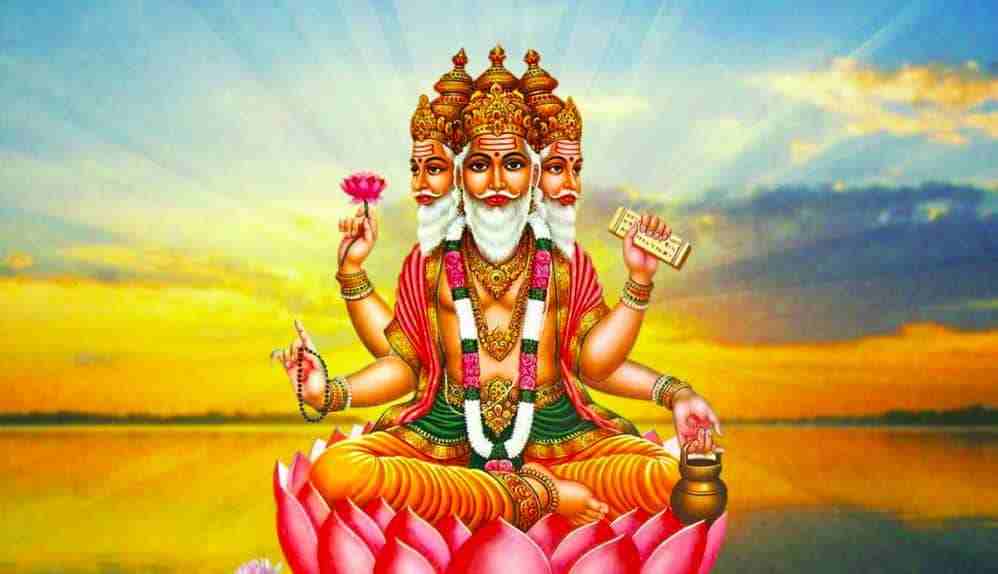
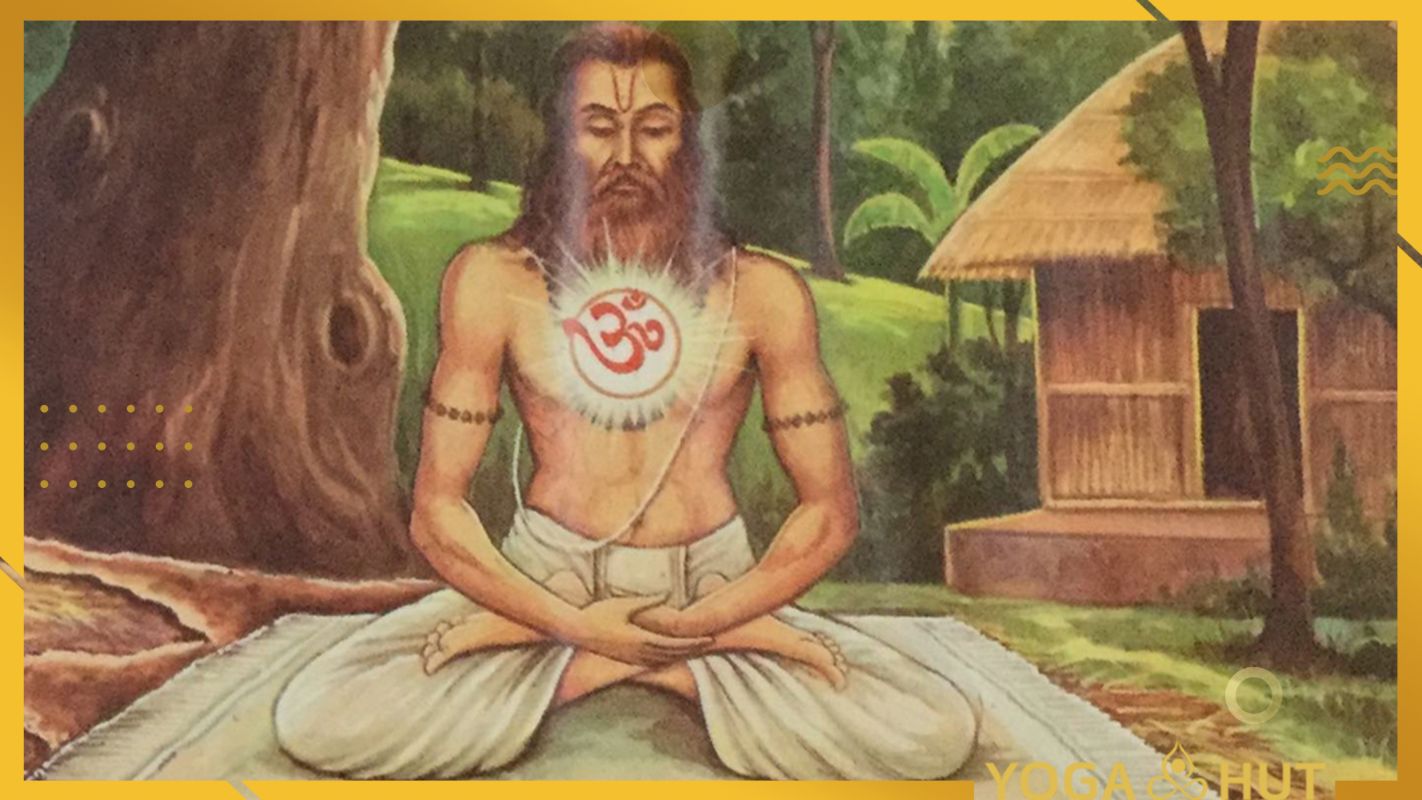
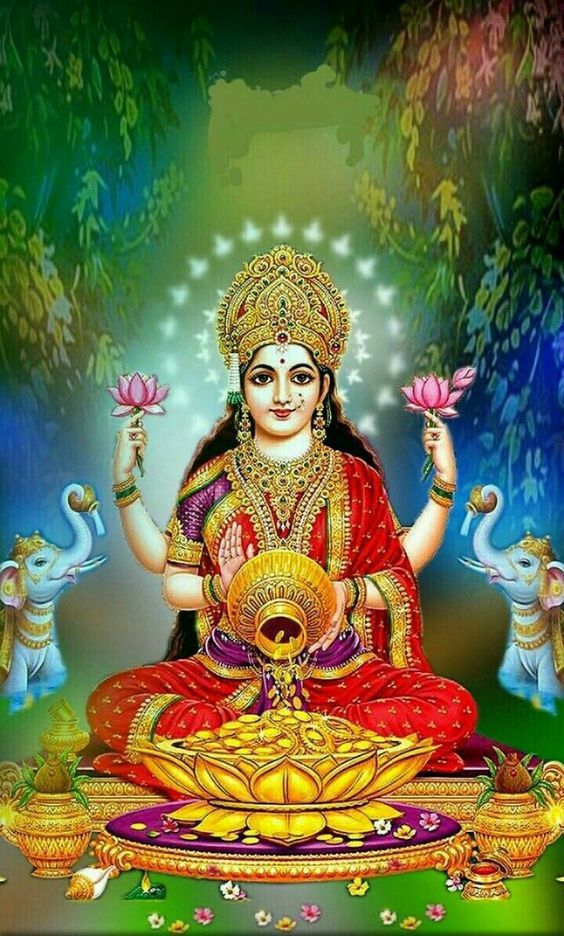

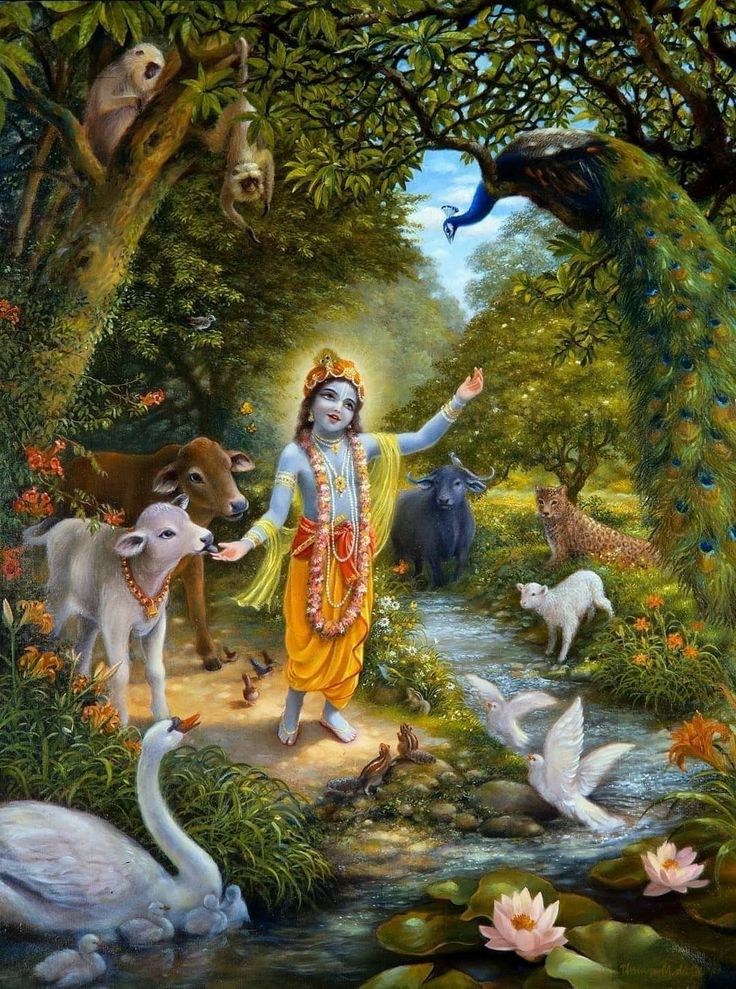

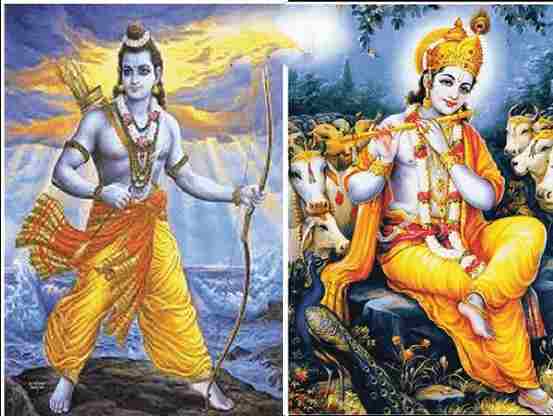












Leave A Comment